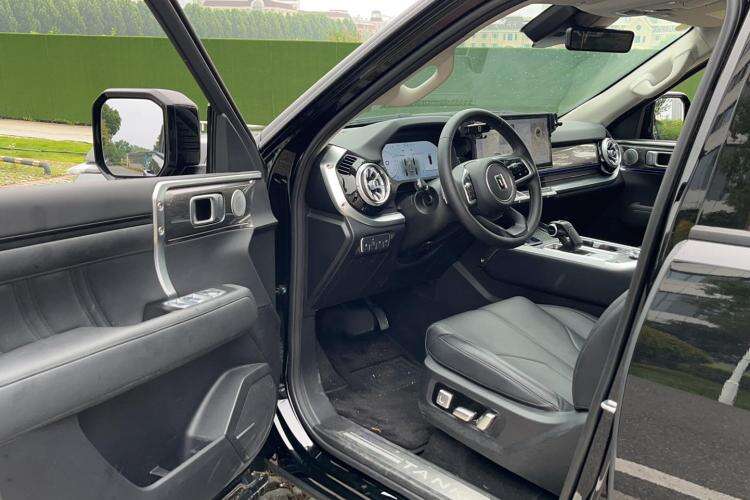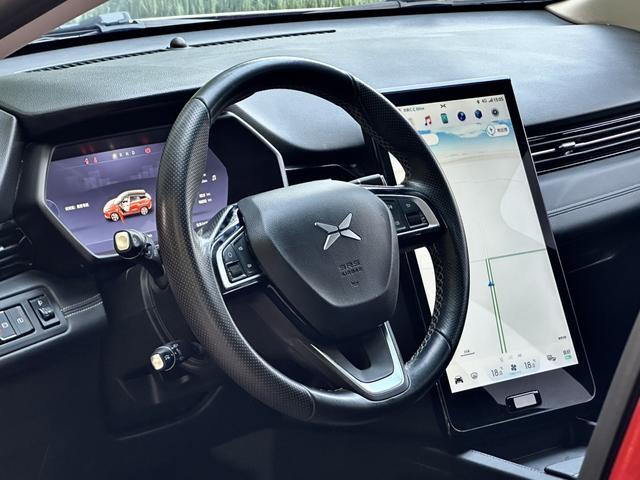cars with good mileage
Cars with good mileage represent the pinnacle of automotive efficiency, combining advanced engineering with practical functionality. These vehicles typically feature optimized aerodynamic designs, efficient powertrains, and lightweight materials that work together to maximize fuel economy. Modern fuel-efficient cars incorporate sophisticated engine management systems, including start-stop technology, regenerative braking, and intelligent transmission systems that adapt to driving conditions. Many models utilize hybrid or plug-in hybrid technology, merging conventional engines with electric motors to achieve remarkable fuel efficiency. The aerodynamic design elements include streamlined body shapes, active grille shutters, and underbody panels that reduce air resistance. These vehicles often feature low-rolling-resistance tires, enhanced thermal management systems, and advanced materials like high-strength steel and aluminum to reduce weight without compromising safety. The onboard computers continuously monitor and adjust engine performance, ensuring optimal fuel consumption while maintaining responsive performance. Many models also include eco-driving modes and real-time efficiency feedback displays to help drivers maximize their fuel economy.


